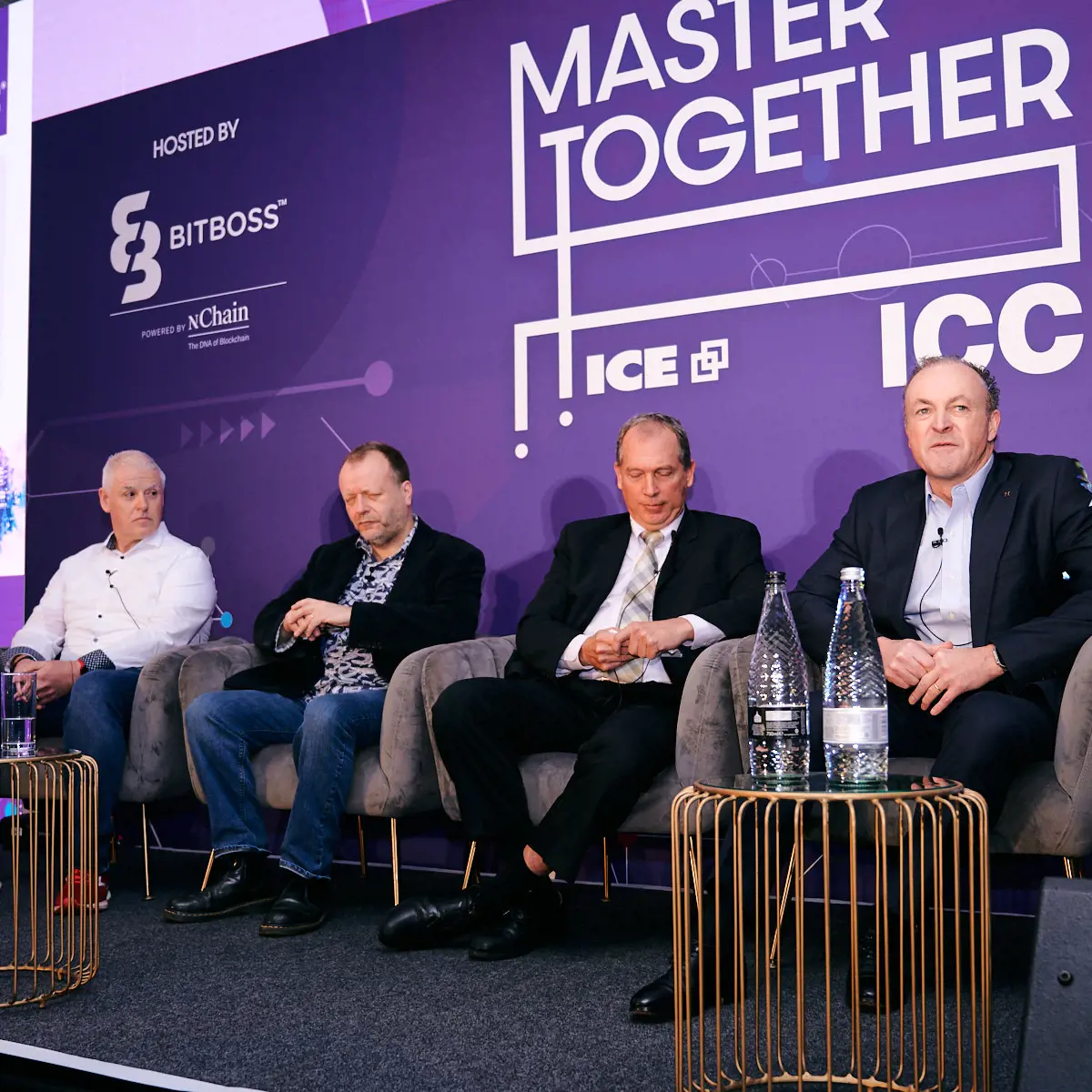Recruitment in a Living-With-Covid World
The pandemic arguably provided the biggest shake up of the labor market ever seen and whilst a huge amount of jobs were saved through furlough schemes and government grants, this didn’t stop the vast majority of employees and job seekers questioning their status and what they really valued in their professional lives.

The pandemic arguably provided the biggest shake up of the labor market ever seen and whilst a huge amount of jobs were saved through furlough schemes and government grants, this didn’t stop the vast majority of employees and job seekers questioning their status and what they really valued in their professional lives.
Two years post Covid, the landscape has changed forever.
As part of ICE VOX, Ben Fried, Head of Betting and Gaming at SRI, facilitated a panel discussion with business leaders discussing the challenges facing the gaming industry and how companies are retaining and recruiting the best talent in a diversity focused, living-with-Covid world.
Petra de Ruiter, CEO of Casino Holland was keen to point out that retention was equally if not more important than recruitment. “The industry’s reputation needs to improve. And our own employees are the ones to make that happen. They are the ones who can talk passionately about their story.”
Kirstie Loveridge, Executive Vice President of People & Culture at AEG agreed, discussing mental health as being a top priority for her company. “We’ve had a big focus on wellbeing. People are saying, ‘I’m not going to burn myself out again.’ So we’ve placed a lot of investment into development, both personal and professional.”
Companies are having to listen to their employees much more closely, to understand what drives them and to facilitate those passions whilst also helping to support their personal journey and life choices.
Stowe Shoemaker, Dean of Harrah College of Hospitality at the University of Nevada, Las Vegas, was keen to point out that learners and graduates are also evolving. “Nowadays, students challenge you on everything, they don’t just take notes. They aren’t fearful of adults like we used to be. Reverse-mentoring is a great idea.”
De Ruiter explained, “We use reverse mentoring when you have a junior team member mentoring a senior one and it’s amazing! I have learned so much from a 25 year old who mentored me. Young professionals want to be heard!”
Much has been reported, particularly in the UK, of a severe deficit of job seekers in the service industries.
Shoemaker advised, “We have to reframe the job slightly. People say that hospitality isn’t rocket science and yet when you launch a rocket you have all of the preparation, all of the different teams and one chance to get it right. Sounds a bit like a wedding, right? You can attract people to your company by widening their knowledge of the skills that are required and valuing those same skills in that candidate.”
Within this ever-changed environment, where does diversity sit? How important is a diverse workforce and is it a challenge to create such a team from the talentpool available?
De Ruiter is facing this head on. “It is so easy to hire someone that resembles yourself and so it needs to start with yourself. As a leader, you really need to look yourself in the eye. Can I take more risks in who I hire? How do I make a difference?”
Stowe gave a fantastic example of how Harrah College worked collaboratively with companies who were competing in the same sector to create the very best opportunities for his students.
“We work in the hospitality sector and we have competitors in the same room sharing best hiring practice. They are open and honest, committed to mentorship and internships, creating networks of tutors and contacts so that our students have great opportunities on graduation. To the European Gaming Commission, if you aren’t already, then get together and share what is working!”
Graduates and job seekers are demanding more from their potential employers and it is the company who listens, the company who mentors and values that candidate, who will move ahead with the best talent. Ben Fried was blunt, “If you don’t even reply to those who apply to join your company, what are you telling that candidate? It’s just common courtesy!”
The workforce has evolved and it’s clear that the companies who adapt more quickly, challenge themselves or, as de Ruiter says, ‘look themselves in the eye’, will be the ones equipping the positive world changers of the next generation.